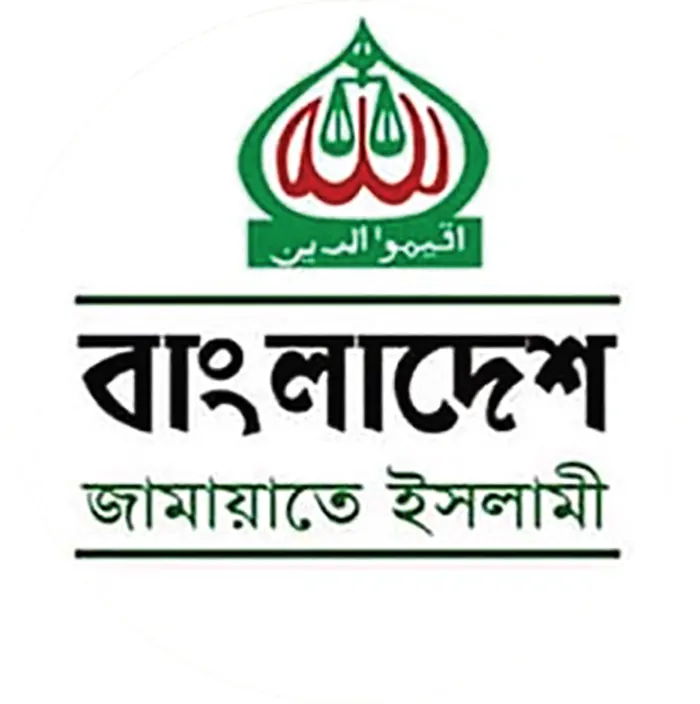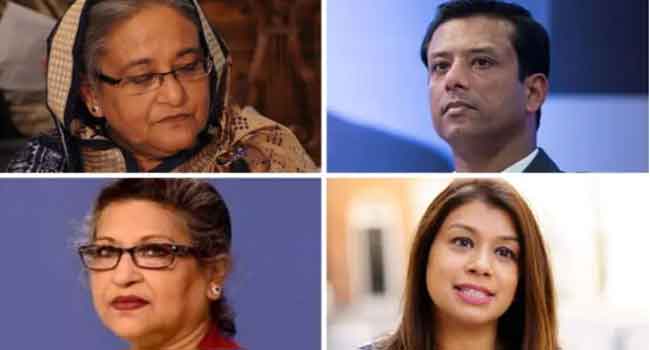The Bangladesh Jamaat-e-Islami has proposed a 22-point reform agenda to the Election System Reform Commission, advocating for a proportional representation system instead of the current constituency-based elections. The party formally submitted its proposal to the commission.
Additionally, Jamaat has called for the reinstatement of a non-partisan caretaker government system, limiting any individual to serving as Prime Minister or President no more than twice, and abolishing the use of political party nominations and symbols in local government elections.
Yesterday, the party’s Secretary General, Mia Golam Parwar, submitted the written proposal to the reform commission. The document outlines 22 key points.
According to sources, Jamaat’s proposal emphasizes holding free, participatory, and impartial national and local elections under a non-partisan caretaker government using a proportional representation system.
Key points of Jamaat’s 22-point reform proposal include:
- Reinstating a Non-Partisan Caretaker Government System: Ensuring impartial elections.
- Abolishing the Use of Electronic Voting Machines (EVMs).
- Updating the Voter List: Removing deceased and fake voters to create an accurate and reliable electoral roll.
- Introducing Proportional Representation in Parliament: To ensure broader participation from diverse political ideologies.
- Limiting Tenure: Preventing any individual from serving as Prime Minister or President more than twice.
- Eliminating Political Party Nominations in Local Government Elections.
- Restrictions on Government Officials Contesting Elections: Disallowing any government official or state employee from contesting national or local elections within three years of leaving their position.
- Abolishing the Political Party Registration Act.
- Deployment of Military Personnel During Elections: Empowering the Election Commission to deploy the military at its discretion, with authority vested in the President, and granting soldiers magistrate-like powers during the election period.
- Prioritizing Election Commission Staff: Ensuring returning officers and their deputies are primarily selected from the Election Commission’s own personnel.
- Judicial Oversight for Electoral Crimes: Engaging judicial magistrates for mobile courts to address electoral offenses promptly.
- Fast-Track Resolution of Election Disputes: Mandating the High Court to resolve election-related cases within 12 months after the publication of results.
- Strict Accountability for Electoral Officials: Granting the Election Commission authority to impose stringent punishments for misconduct by election officials.
- Election Commission Supervision Over Government Activities During Elections.
- Temporary Control Over Election-Related Staff: Assigning election officials under the Election Commission’s authority for at least 30 days during elections.
- Empowering the Election Commission to Annul Elections: Restoring the power to annul or suspend elections in whole or in part under Article 91(A) of the Representation of the People Order.
- Ensuring Transparency During Voting and Counting: Allowing neutral journalists and domestic/foreign observers to monitor.
- Installing CCTV Cameras in Polling Stations.
- Requiring Income and Asset Disclosures: Making it mandatory for all elected representatives to submit annual income and asset reports, along with tax returns, to the Election Commission.
- Introducing Candidate Selection Through Local Voting: Empowering party members and local voters in a constituency to select candidates instead of central party nominations.
Jamaat claims these reforms will foster inclusive and impartial elections, strengthening democratic practices in Bangladesh.








